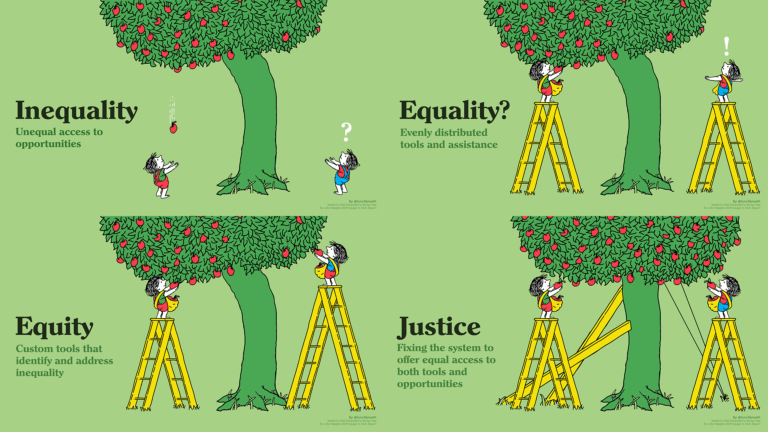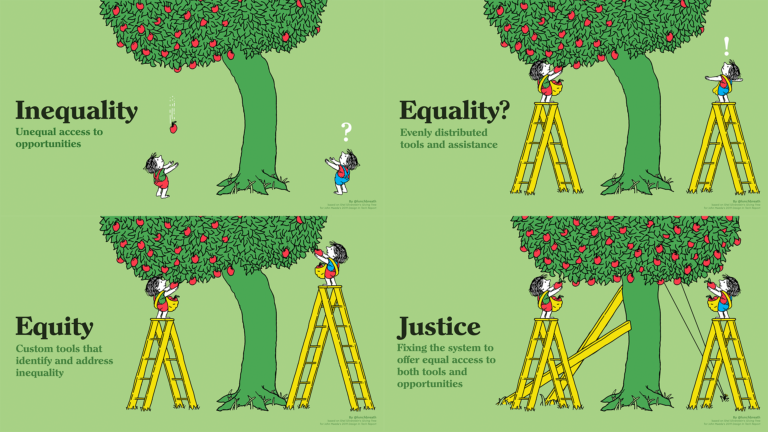
10 June 2020 is #Strike4BlackLives and we urge you to participate in this strike. Organised by a group of physicists, led by Brian Nord and Chanda Prescod-Weinstein, this is a day to #ShutDownAcademia and #ShutDownSTEM in solidarity with Black colleagues, Black students and Black people who are excluded from academia. Learn more about the strike here.
As researchers, teachers, students, and staff we devote an immense amount of our time and mental energy to learning more about the world and ourselves within the framework of our own discipline. The strike day gives us the space and time to center Black lives, show solidarity with academics with marginalized ascribed identities, to educate ourselves about the ways in which we and our institutions are complicit in anti-Black racism, and to take concrete action for change.
Thousands have pledged to join the strike, including the arXiv and the American Physical Society. Today, take time to pause your academic work and reflect on your role within the academic institution. Talk to your colleagues, organise within your department and work to become anti-racist.
The beauty of anti-racism is that you don’t have to pretend to be free of racism to be an anti-racist. Anti-racism is the commitment to fight racism wherever you find it, including in yourself. And it’s the only way forward.
— Ijeoma Oluo (@IjeomaOluo) July 15, 2019
In the UK, just 1.7% of first year physics undergraduates in 2016 were Black and an IOP report from 2012 shows that for PhD- holding researchers, the number is even lower at 0.1%. If you are not Black, take a moment to count how many Black physicists you have come across in your academic career.

It is clear that academic institutions are in need of radical structural change. Yet with so few Black voices within the system, there is an urgent need for non-Black allies to take an active role in campaigning for change.
Here we provide some starting points we have found useful for learning more about racism in academia, how racism and science are inextricably linked and the case for a more inclusive and pluralist science.
Being Black in physics
For non-Black academics, the first step to understanding the extent to which racism pervades academic life is to hear the stories of Black academics. One place to start is the #BlackintheIvory hashtag on Twitter which has been used to share experiences of Black academics.
Op-ed: The ‘Benefits’ of Black physics students by Jedidah Isler, New York Times, 2015
News: Why are there so few Black physicists? by Ryan Mandelbaum, Gizmodo, 2020
Perspective: Curiosity and the end of discimination by Chanda Prescod-Weinstein, Nature Astronomy, 2017
Addressing the inequalities and discrimination within academia requires structural change. As an individual, you can campaign within your department to recognise the need for this change and enact it in policies regarding hiring, mentoring and support for Black students. When organising a conference or a new collaboration, reflect on your choice of participants and strive to include more Black voices in the conversation.
500 Women Scientists – Black History Month
Fellows of the National Society of Black Physicists
Who are the Black Physicists? A historical list
Science and colonialism
Modern science as we practise it today has inextricable links to empire, colonialism and the slave trade. Here are some accessible resources which introduce how colonialism has shaped science:
Podcast: BBC Radio 4 In Our Time – on astronomy and the British empire
Blog: Black Women Physicists In the Wake by Chanda Prescod-Weinstein, 2017
Reading list: Decolonising science reading list compiled by Chanda Prescod-Weinstein
Building a more inclusive science
In addition to recognising the historical impact of colonialism on science, it is also important to acknowledge the influence it continues to wield within scientific practice today. Here are some resources that re-centre Indigenous science:
Australian Indigenous Astronomy
Blog: The fight for Mauna Kea and the future of science by Sara Segura Kahanamoku, Massive Science, 2019
Long Reads:
Reaching for the Moon: The Autobiography of NASA Mathematician by Katherine Johnson
Hidden Figures by Margot Lee Shetterly
Beyond Banneker: Black Mathematicians and the Paths to Excellence by Erica N. Walker

Please sign in or register for FREE
If you are a registered user on Research Communities by Springer Nature, please sign in